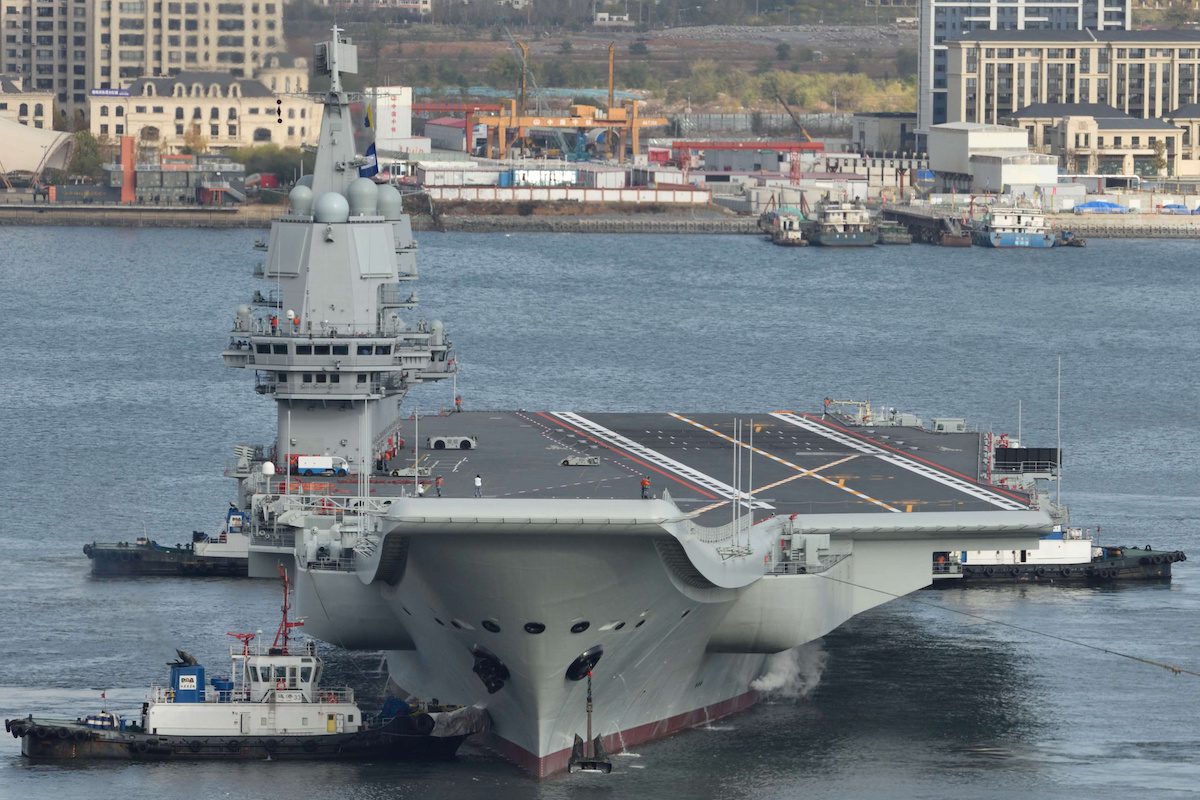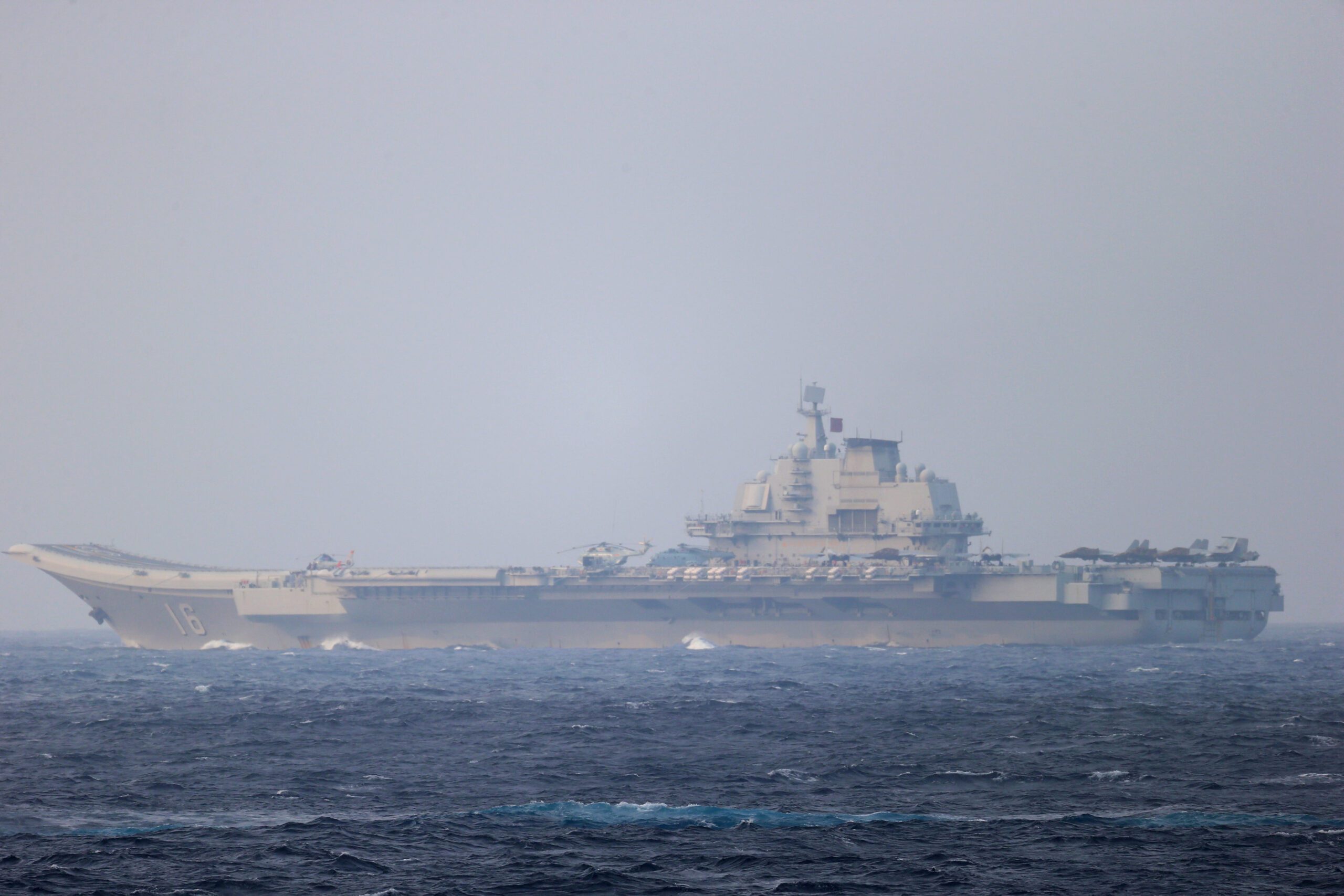The U.S. Coast Guard Cutter Stone offloaded approximately 49,010 pounds of illicit narcotics worth more than $362 million at Port Everglades this week, representing the most cocaine seized by a single cutter in one patrol in Coast Guard history. The seizure, which involved 15 interdictions in international waters of the Eastern Pacific Ocean, comes as the Trump administration’s parallel military campaign expands and draws intense criticism.
“I am extremely proud of the crew’s incredible performance during this deployment,” said Capt. Anne O’Connell, commanding officer of Coast Guard Cutter Stone. “This offload demonstrates our increased posture and continued success in the fight against narco-terrorism and transnational criminal organizations.”
The historic offload comes as the Coast Guard in this month announced it has seized nearly 510,000 pounds of cocaine during fiscal year 2025, the largest amount in the Service’s history and more than three times the annual average of 167,000 pounds. The amount is equivalent to 193 million potentially lethal doses, enough to endanger over half of the U.S. population.
“The Coast Guard’s top priority is to achieve complete operational control of the U.S. border and maritime approaches,” said Adm. Kevin Lunday, acting commandant of the Coast Guard. “We own the sea, and this historic amount of cocaine seized shows we are defeating narco-terrorist and cartel operations to protect our communities and keep dangerous drugs off our streets.”
The Coast Guard’s record-breaking interdictions are part of Operation Pacific Viper, led by the U.S. Coast Guard under the Department of Homeland Security, which aims to stop cartels and criminal organizations before drugs reach American shores.
Parallel Military Campaign
Running parallel to these law enforcement operations, the Trump administration has launched a separate and controversial military campaign. Since September, the Department of War has conducted at least 21 airstrikes against suspected drug-trafficking vessels in the Caribbean and Eastern Pacific, resulting in more than 80 deaths.
The dual campaigns highlight competing approaches to countering drug trafficking in the Western Hemisphere. While the Coast Guard continues traditional law enforcement interdictions with record-breaking success, the Department of War has pursued lethal military action that has drawn criticism from international human rights organizations, U.S. allies, and members of Congress.
Earlier this month, Secretary of War Pete Hegseth announced Operation Southern Spear, led by the U.S. Southern Command, deploying the USS Gerald R. Ford Carrier Strike Group to the Caribbean to support operations against transnational criminal organizations. “President Trump ordered action — and the Department of War is delivering,” Hegseth wrote on X.
The military strikes have drawn sharp international condemnation. UN High Commissioner for Human Rights Volker Türk declared the operations violate international human rights law, stating that “the intentional use of lethal force is only permissible as a last resort against individuals who pose an imminent threat to life”. French Foreign Minister Jean-Noel Barrot said at a G7 meeting that the strikes “violate international law” and were concerning for France’s territories in the region.
U.S. Secretary of State Marco Rubio defended the operations at the G7 meeting in Canada, saying Europeans don’t get to dictate how Washington defends its national security. “I don’t think that the European Union gets to determine what international law is,” Rubio said. “They certainly don’t get to determine how the United States defends its national security.”
The Trump administration insists those targeted were transporting drugs, without providing evidence or publicly explaining the legal justification for attacking the boats rather than stopping them and arresting those on board. The strikes represent a significant departure from historical U.S. practice, where the Coast Guard interdicted suspected drug vessels while a multi-agency strike force handled investigation and prosecution.
Senate Judiciary Committee Democrats led by Vermont Senator Peter Welch are demanding the Department of Justice hand over all legal opinions justifying the strikes. “Laws matter, and the Constitution matters. If the President does want to start a war, if he wants to put America’s troops in harm’s way, he needs to seek authorization from Congress,” Welch said.
Traditional Coast Guard interdictions involve significant interagency coordination. U.S. Southern Command’s Joint Interagency Task Force-South, based in Key West, Florida, detects and monitors drug transit, and once interdiction becomes imminent, control shifts to the Coast Guard for law enforcement operations. Maritime interdictions account for 80% of interdictions of U.S.-bound drugs.
The Stone’s operations involved multiple assets including the U.S. Coast Guard Helicopter Interdiction Tactical Squadron Jacksonville, Joint Interagency Task Force-South, and watchstanders from Coast Guard Southeast and Southwest Districts. The 418-foot Legend-class national security cutter is homeported in Charleston, South Carolina.

 Join The Club
Join The Club










